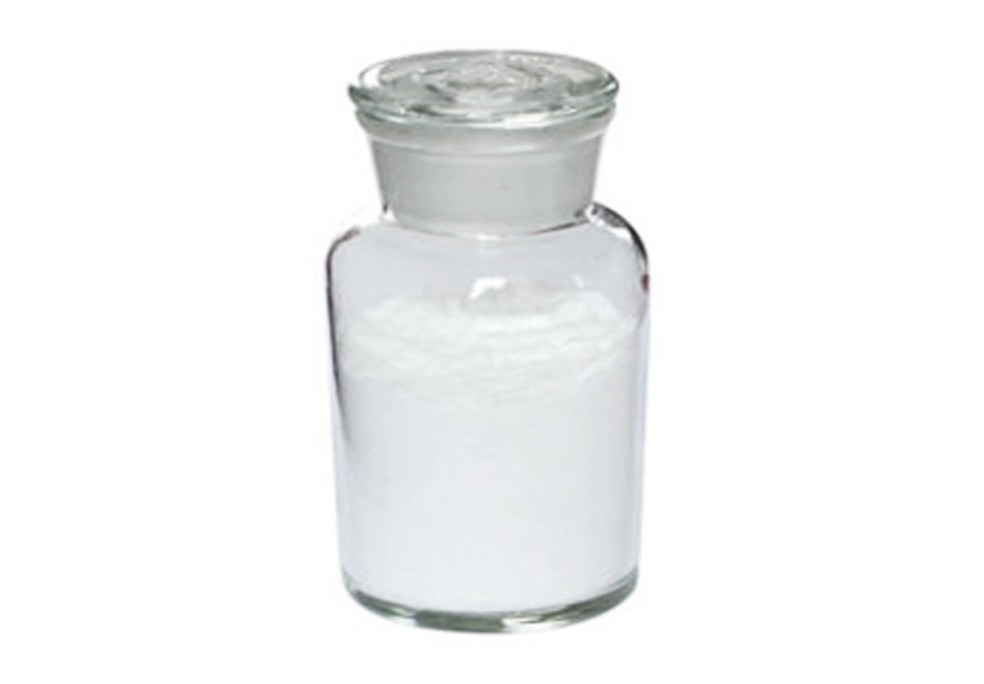Clioquinol (iodochlorhydroxyquin) is an antifungal drug and antiprotozoal drug. It is neurotoxic in large doses. It is a member of a family of drugs called hydroxyquinolines which inhibit certain enzymes related to DNA replication. The drugs have been found to have activity against both viral and protozoal infections.
Clioquinol's use as an antiprotozoal drug has been restricted or discontinued in some countries due to an event in Japan where over 10,000 people developed subacute myelo-optic neuropathy (SMON) between 1957 en 1970. The drug was used widely in many countries before and after the SMON event without similar reports.As yet, no explanation exists as to why it produced this reaction, and some researchers have questioned whether clioquinol was the causative agent in the disease, noting that the drug had been used for 20 years prior to the epidemic without incident, and that the SMON cases began to reduce in number prior to the discontinuation of the drug.Theories suggested have included improper dosing, the permitted use of the drug for extended periods of time,and dosing which did not consider the smaller average stature of Japanese; however a dose dependent relationship between SMON development and clioquinol use was never found, suggesting the interaction of another compound. Researchers have also suggested the SMON epidemic could have been due to a viral infection with an Inoue-Melnick virus.






















